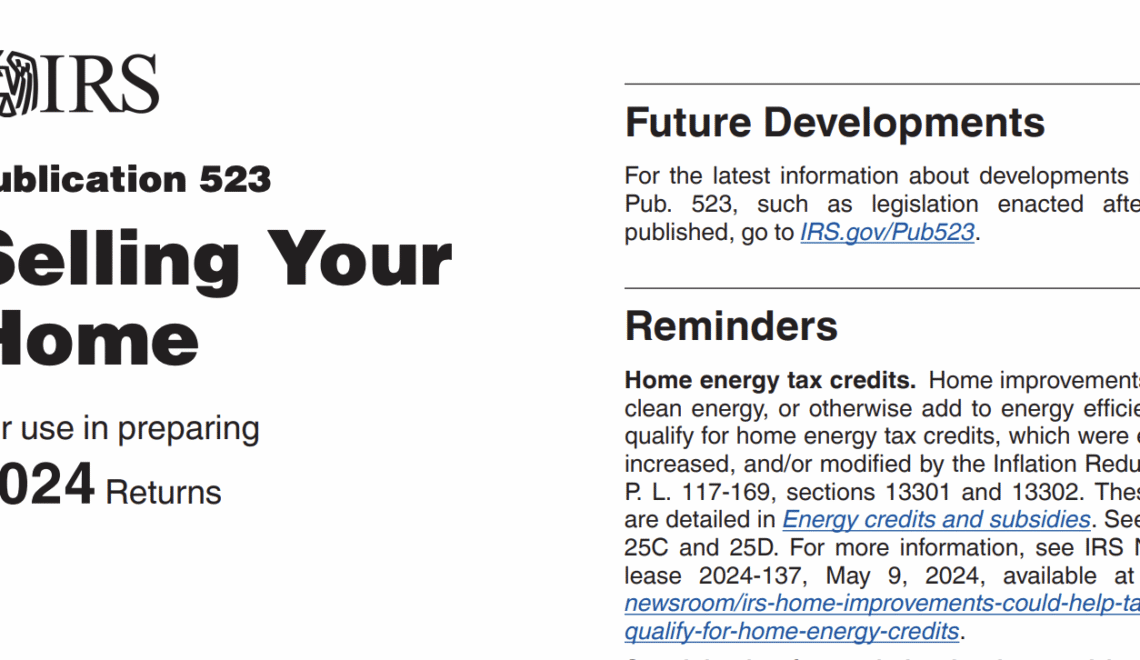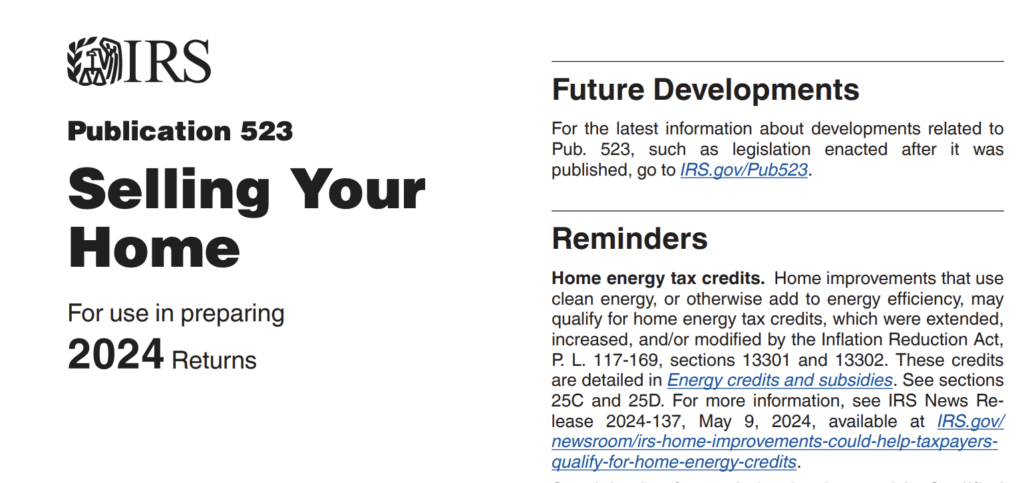

Dear Monty: My wife and I own two homes, one in Florida with that house in her name and my house in Ohio in my name. We are residents of Florida. We live in Florida for six months and a couple of weeks each year and live in my Ohio house at other times. I do not rent my Ohio house anytime. It is my/our principal residence when we are not in Florida. If I were to sell my Ohio house, would I qualify for the federal tax exemption or not because I spend most of my time in Florida?
Monty’s Answer: The IRS rules about qualifying for the capital gains exclusion on a home sale focus on two main tests: ownership and use. To qualify for the exclusion, you must have:
- Owned the home for at least two years out of the five years before the sale (the ownership test)
- Used the home as your principal residence for at least two years out of the five years before the sale (the use test)
Your situation raises interesting questions because you split your time between two homes and are Florida residents. However, the good news is that the IRS doesn’t require you to spend the majority of your time in a home for it to qualify. What matters is that you meet the two-year use requirement within the five years before selling.
Since you indicate that you spend nearly six months each year in Ohio, you likely meet both the ownership and use tests for your Ohio home. Being a Florida resident doesn’t automatically disqualify you from claiming the exemption on your Ohio home.
However, there are some important considerations:
● Only one home can qualify as a principal residence for tax purposes at any given time
● The IRS looks at various factors to determine principal residence status, including where you vote, bank, and maintain your driver’s license
● While the Ohio house is in your name only, you would still qualify for the $500,000 joint exemption, according to IRS Publication 532.
Since this situation involves significant tax implications, consider consulting a qualified tax professional before proceeding with any sale. They can review your specific circumstances, including:
● Documentation of your time spent in each home
● The timing of your Florida residency declaration
● Any previous home sales and exclusions claimed
● The potential gain amount from the sale
A tax professional can also help you explore strategies to maximize tax benefits within the law’s requirements. They might suggest timing considerations or ways to document your use of the Ohio home to support your claim for the exclusion. Remember that if you qualify, you can exclude up to $500,000 of the gain from the sale of your Ohio home from your taxable income. If the potential gain exceeds this amount, planning becomes even more critical.
Finally, remember that tax laws can be complex and subject to change. The information provided here is based on current general guidelines, but your specific situation may involve additional factors affecting your eligibility. Consider keeping good records of your time spent in each home and seeking professional tax advice before proceeding with any sale.


